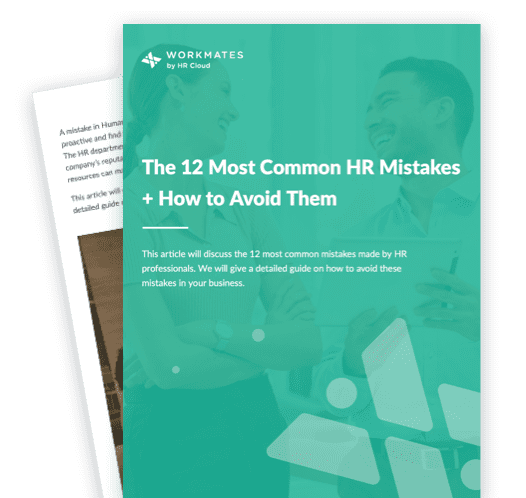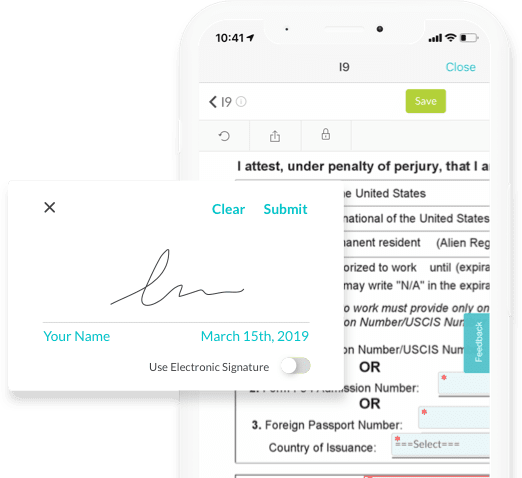What Incentives Can I Offer My Employees That Will Make Real Differences?

Much has been made in recent years of the state of the employment world, with many bemoaning the excessive power of employers — and the job losses stemming from the COVID-19 outbreak (with working from home not being possible for many companies, leading to mass house cleaning) only exacerbated this concern. The framing became consistent: businesses could ask for just about anything, while candidates had to take what they could get.
Is this an unreasonable view? Well, not exactly. It’s certainly true that employers wield more than half of the power, and that the onus is generally on candidates to set themselves apart, but that doesn’t tell the whole story. Once you get past the entry-level, the demand for top-level talent still far outstrips the supply, meaning that businesses must fight for the best workers through offering incentives (standout employee incentives can make all the difference).
This means that there’s still a compelling need for a competitive employer to offer an outstanding incentive program — but what incentives should you focus on? Since you can’t offer every possible incentive, you need to be highly selective and pick those that will prove the most impactful. To make that easier, we’re going to set out some core incentives you should offer employees to boost employee happiness and prompt good work. Let’s get started.
Opportunities for responsibility
One of the biggest mistakes you can make as an employer is failing to show trust in your employees. If you hire someone to fill a specific role at a certain level, you can opt to leave them in that position for a long time, only reconsidering things in the event that there’s clear room for advancement through promotion. This is a stubborn old-fashioned way of managing a team, and it’s responsible for sapping the motivation of so many competent professionals.
On a semi-frequent basis, you should give serious thought to what else your employees could do. Are your employees working on the right projects? How else could they contribute to the business? How could you increase the importance of their roles? Each one of them is an investment for the business, and you should treat them accordingly. Admittedly, it’s true that not everyone is hungry for responsibility, but most people want to push themselves and do more to show that they’re indispensable.
If someone has consistently produced good work, give them a chance to help their own project. Keep the stakes modest so it won’t be disastrous if they fail, and treat it as a training action: if they succeed, give them more opportunities, and if they don’t, show them where they went wrong and allow them to try again. Make it a part of your company culture. If someone keeps failing, then sure, you can conclude that they’re not cut out for that pressure — but you’re likely to see positive results.
The 40 Best Thank You
Messages for Colleagues
building a positive and engaged culture at your company.

Low-admin perk management
From the mandatory to the optional, employment perks are exceptionally important for keeping workers happy, yet simply offering them isn’t enough. You also need to make them readily accessible and easy to use. Take something like annual leave, for instance: some companies require their employees to email their proposed leave well ahead of time, making it more awkward than it needs to be, while others allow the use of convenient time-off tracking tools that can neatly show the available slots and automatically update the relevant schedules.
Another example is expense reimbursement. You can tell your employees that you’ll cover their costs for certain things, but requiring them to submit myriad requests will make them worry that they’re asking too much of you. Think about how big transit companies provide their drivers with fuel cards instead of tasking them with logging their distinct expenses (or handing out gift cards). Teaching someone how to use a fuel card doesn’t take long (here’s how they work, if you’re curious), and after that, they never need to think about those expenses again.
Flexible working hours and conditions
Now that remote working has become standard across many industries, professionals are more eager than ever before to control their daily workloads. They want to decide how and when they get their work done. One employee may want to start their work at 5 am and finish early, for instance, while another may prefer to start in the early afternoon. Despite this, plenty of companies still demand that their employees adhere to rigid schedules.
Sometimes you have firm deadlines to meet and need people to be available for meetings, but how often does that happen? Most likely there are many days on which it doesn’t really matter when work gets done: only that it does get done and meets a reasonable standard. Top companies offer their team members flexible schedules and a lot of autonomy — and if you do the same, you can encourage employees to stick with you.

HR mistakes impact your entire organization. Learn how to avoid the 12 most common mistakes with our free ebook.
Download nowTime for personal development
While there are some people out there who live to work, most of us work to live: we may enjoy our jobs to varying degrees, but we wouldn’t do them (or at least wouldn’t do them in the same way) if we didn’t have bills to pay. People have other aspirations. They want to take up marathon running, or enhance their skills, or learn to speak new languages.
You can help with this personal development by allowing your employees the most precious resource: time. If someone wants to pick up a new skill, find some time for them to do it during the workday. If they want to take up endurance running, shave some time off the end of their day so they can get out earlier. You can even build it around employee recognition, using it as a way to reward your employees (alongside more vacation days) for excellent performance.
In general, you should make whatever accommodations don’t significantly reduce your overall productivity. It’s a practical move that will earn you loyalty (and how your employees feel about you will inevitably impact your bottom line, so it isn’t something to underestimate).
About Author: This article is written by a marketing team member at HR Cloud. HR Cloud is a leading provider of proven HR solutions, including recruiting, onboarding, employee communications & engagement, and rewards & recognition. Our user-friendly software increases employee productivity, delivers time and cost savings, and minimizes compliance risk.

Keep Reading
Balancing Technology and the Human Touch in Employee Engagement
Companies are taking employee engagement very seriously because it is one of the ways of
Remote Onboarding Success Stories
When it comes to onboarding new hires, many companies understand the value and benefits
